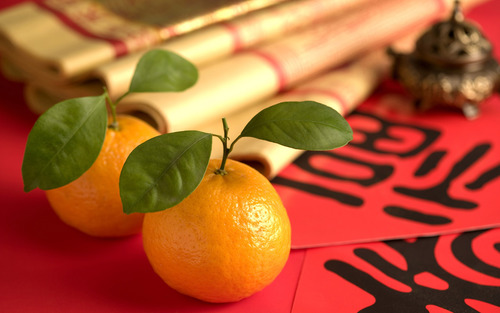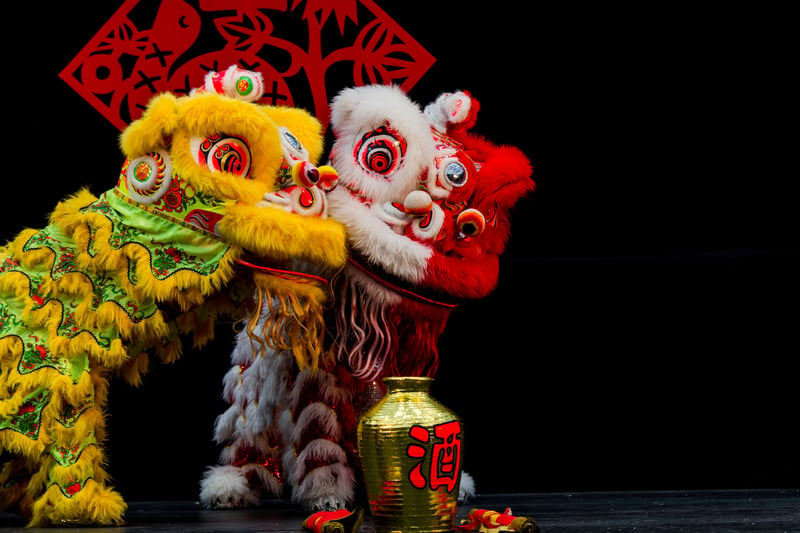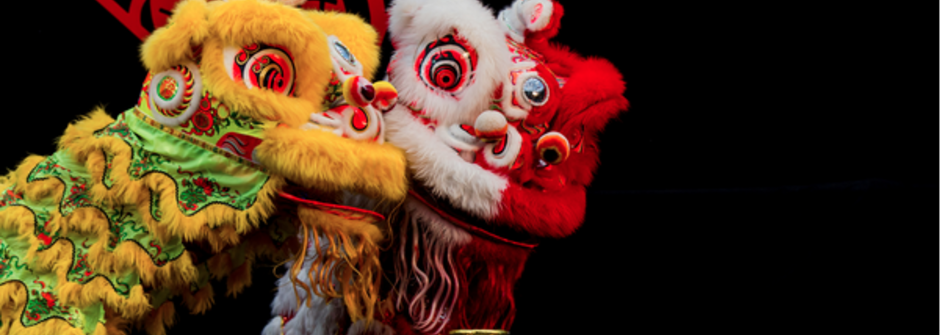快過年了!跟著我們一起來學紅包、鞭炮、團圓飯、恭喜發財紅包拿來的英文,今年就試著用用英文來說吉祥話吧。
新年快樂! 春節可是華人地區一年中最重要的大事之一,開心吃飯團圓領紅包的同時,有想過可以怎麼跟外國人介紹農曆年嗎?今天 VoiceTube 教大家幾句好用的句子,還有過年你不可不知的基本單字!在進入主題前,問問大家有沒有新年新希望? 小編每年也都有新希望,但都說得容易做得難啊! 來看看有沒有什麼小技巧,捍衛自己的新年願望,充滿幹勁的開始新的一年!
推薦閱讀:五個黃金原則,新年願望不再只是許心酸
PART 1. What's Chinese New Year? 中國新年是什麼?
Chinese New Year, also known as Spring Festival, is an important traditional Chinese holiday.
中國新年,也就是春節,是很重要的中國節日。
Chinese New Year celebrations traditionally run from Chinese New Year's Eve, the last day of the last month of the Chinese calendar, to the Lantern Festival on the 15th day of the first month, making the festival the longest in the Chinese calendar. 傳統上,中國新年慶祝活動從除夕開始到元宵節結束,也就是農曆十二月最後一天到新年的一月十五號,所以中國新年是農曆當中最長的節日。(過年要知道的都在過年特輯)
PART 2. The origin of Chinese New Year and Mythology. 中國新年的起源與傳說
According to tales and legends, the beginning of Chinese New Year started with a mythical beast called Nian. Nian would come on the first day of New Year to eat livestock, crops, and even villagers, especially children. To protect themselves, the villagers would put food in front of their doors at the beginning of every year. It was believed that after Nian ate the food they prepared, it wouldn't attack any more people.
上古傳說,中國新年起源於一種叫「年」的野獸,年獸總是在新年第一天出沒,年獸十分兇殘會吃掉牲畜、作物,甚至是村民還有小孩子,為了躲避年,村民新年會在門前放食物,因為傳說年會吃掉他們準備的食物,就不會攻擊人們了。
One day a villager decided to take action. A god visited him and told him to put red paper on his house and to place firecrackers in front. The villagers then understood that Nian was afraid of the color red. When the New Year was about to come, the villagers would hang red lanterns and red spring scrolls on windows and doors. People also used firecrackers to scare Nian away. From then on, Nian never came to the village again. Nian was eventually captured by Hongjun Laozu, an ancient Taoist monk and became his mount.
有一天,有人打算報復年獸,神明便拜訪這位村民,並叫他準備紅紙還有鞭炮。村民們便了解年獸雖猛,但懼怕紅色、火光和巨響。年獸要來的時候,家家戶戶掛起紅燈籠,在門口和窗上貼紅春聯,放炮竹以嚇走年獸,從此之後,年獸就不趕再靠近,年獸最後還是被道士洪鈞老祖抓起來,並成為洪鈞老祖的坐騎。
PART 3. What We Do on Chinese New Year. 新年要幹嘛?

The evening preceding Chinese New Year's Day is an occasion for Chinese families to gather for the annual reunion dinner. 新年的前一天,家人團聚一起吃一年一度的團圓飯。
It is also traditional for every family to thoroughly clean the house, in order to sweep away any ill fortune and to make way for incoming good luck. 另一項傳統則是大掃除,徹底打掃家裡,掃去惡運,迎接好運。
推薦閱讀:老奶奶的生活智慧:最適合懶人的簡單掃除法
Windows and doors will be decorated with red paper-cuts and couplets with popular themes of "good fortune", "happiness", "wealth", and "longevity." 窗上和門上則會貼上紅紙,還有對句,上面寫著常見的好運、快樂、財富、長壽等吉祥話。
Other activities include lighting firecrackers and giving money in red paper envelopes. 其他活動包括放鞭炮,還有發紅包。
PART 4. Must-know Vocab for Chinese New Year. 你不可不知的新年單字

- Chinese New Year’s Eve 除夕夜
- Red envelopes/ Red packets 紅包
- Reunion dinner 團圓飯
- Firecrackers 鞭炮
- Dragon dance 舞龍舞獅
- Lantern 燈籠
- Ask the gods for a prophecy 求神問卜
- Spring rolls 春捲
- Steamed fish 蒸魚
- Incense 香
- Play mahjong 打麻將
- Worship ancestors 祭祖
過年吃胖胖之餘,別忘記把這些單字記下來喔! 新的一年,除了增歲之外,也要增長英文上的智慧!
推薦閱讀:如何向關心的他拜年問候?


